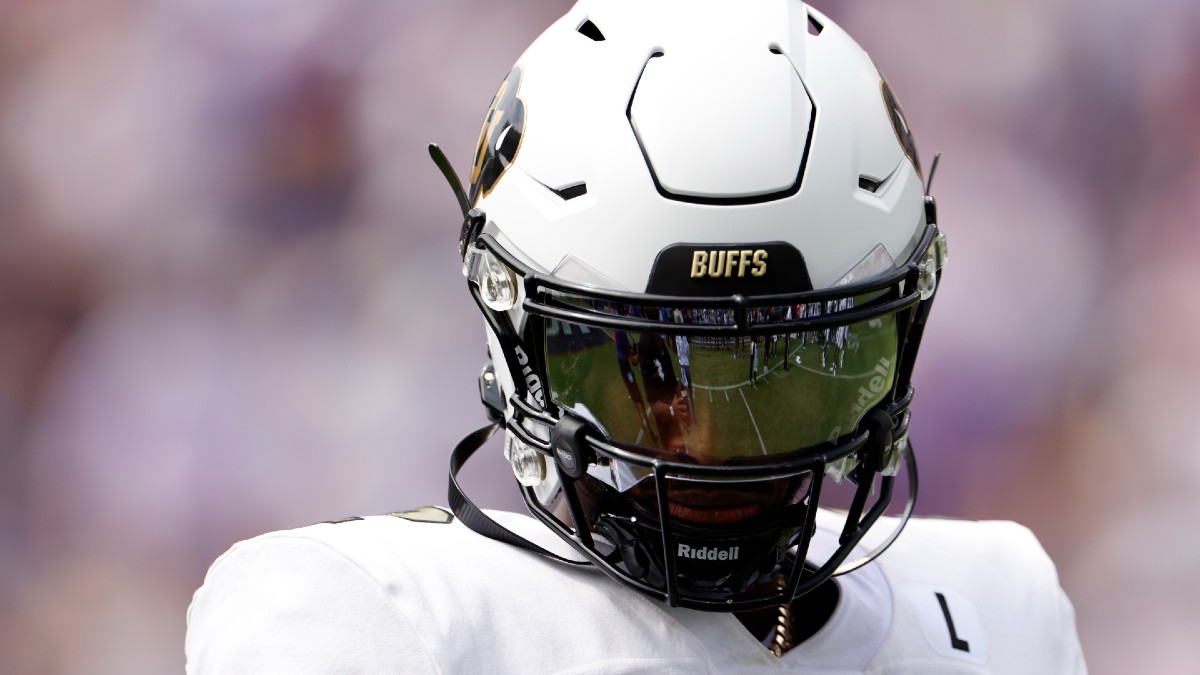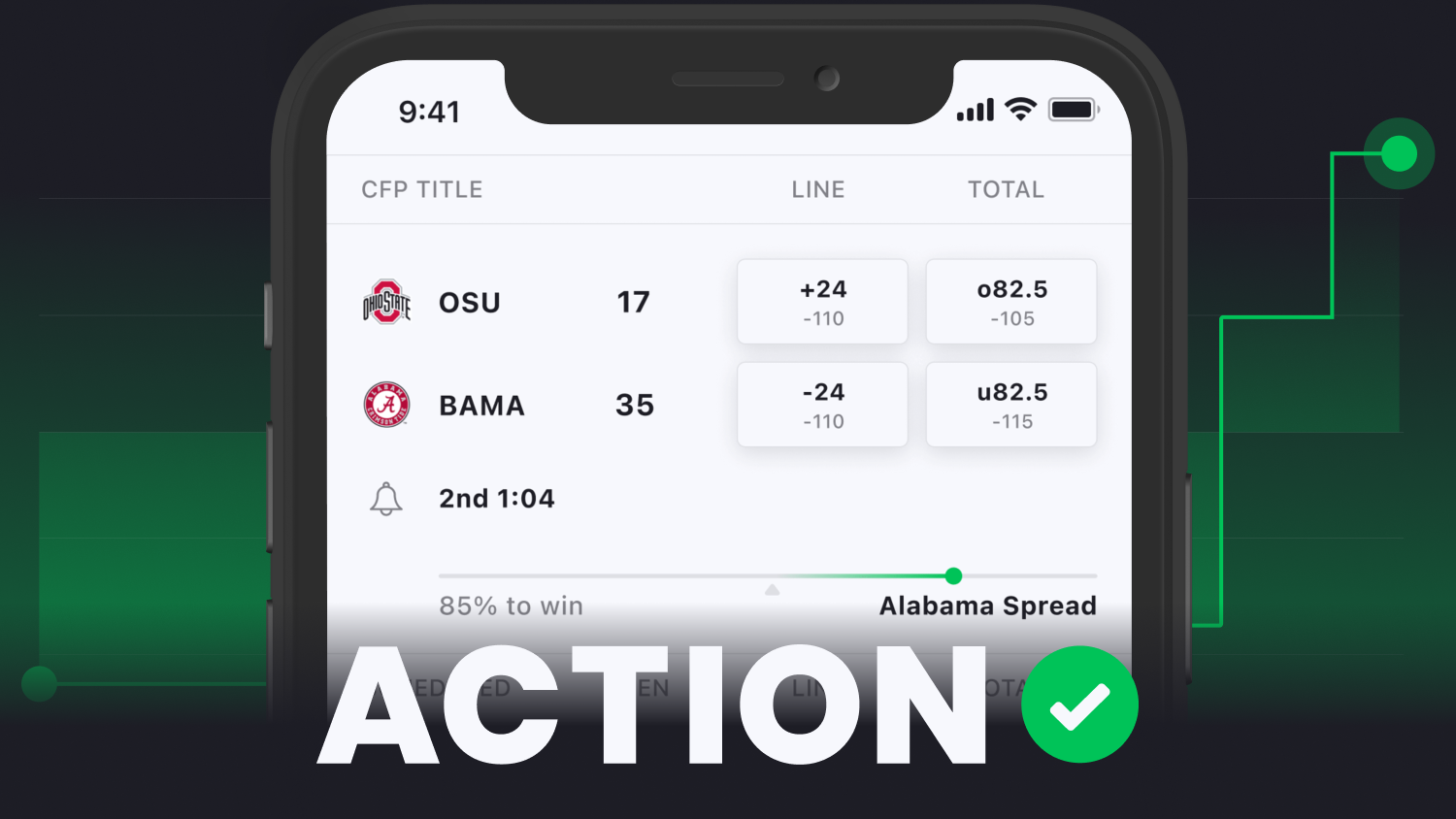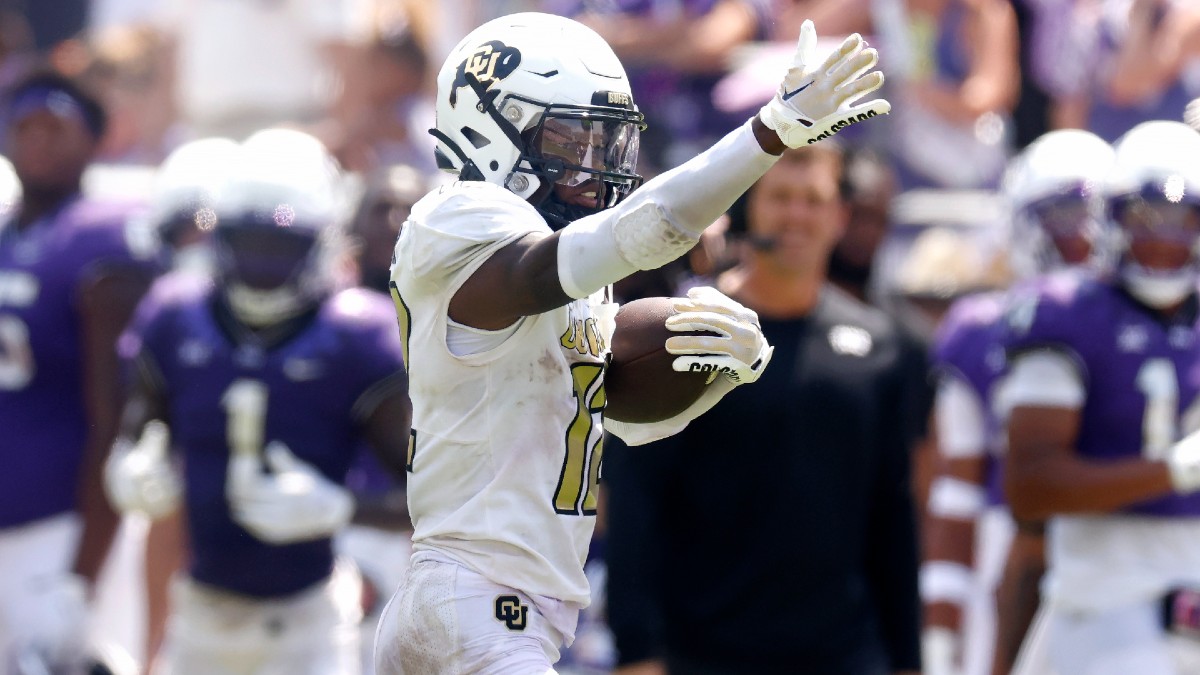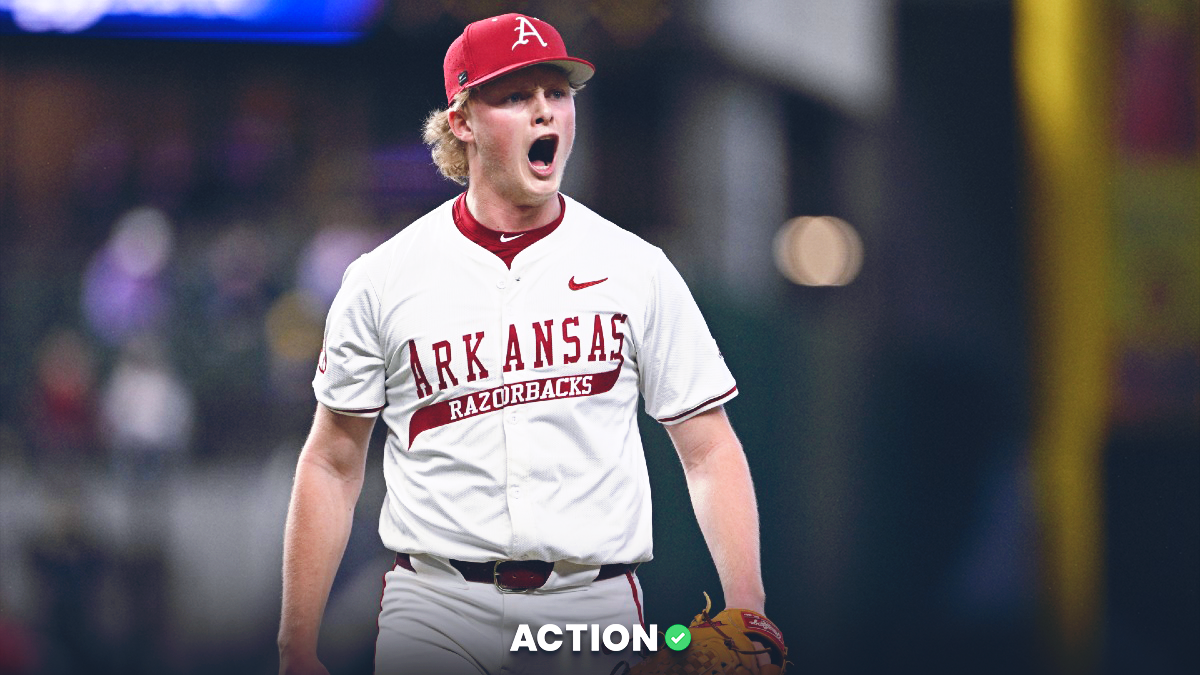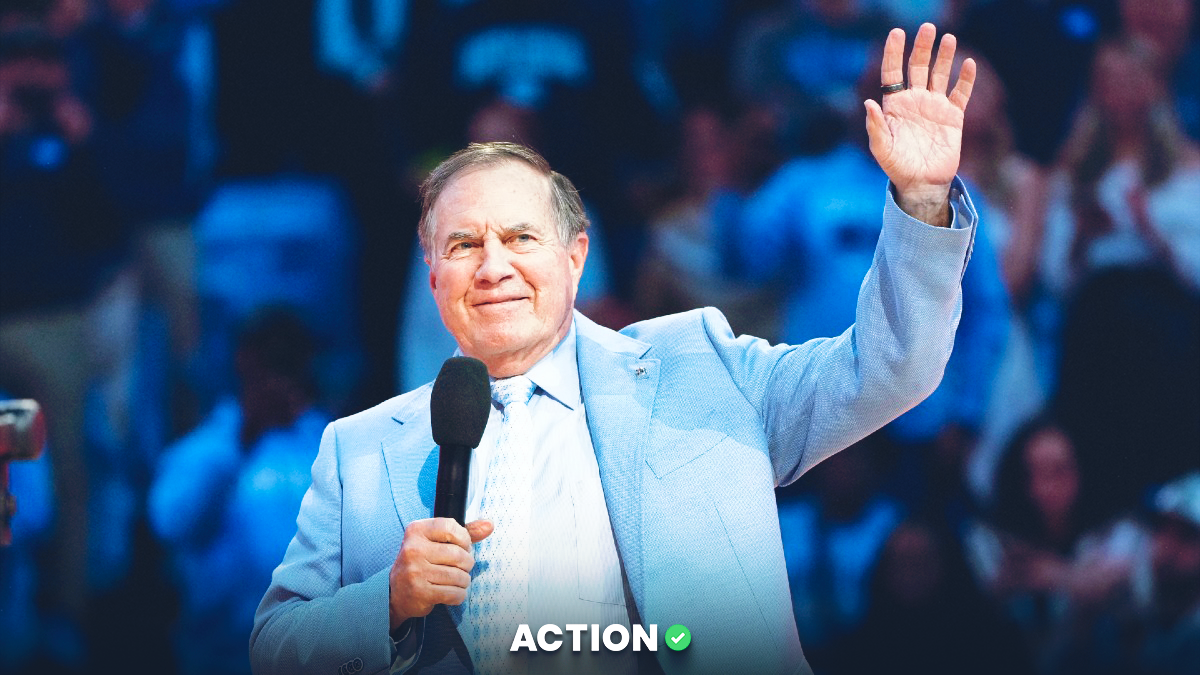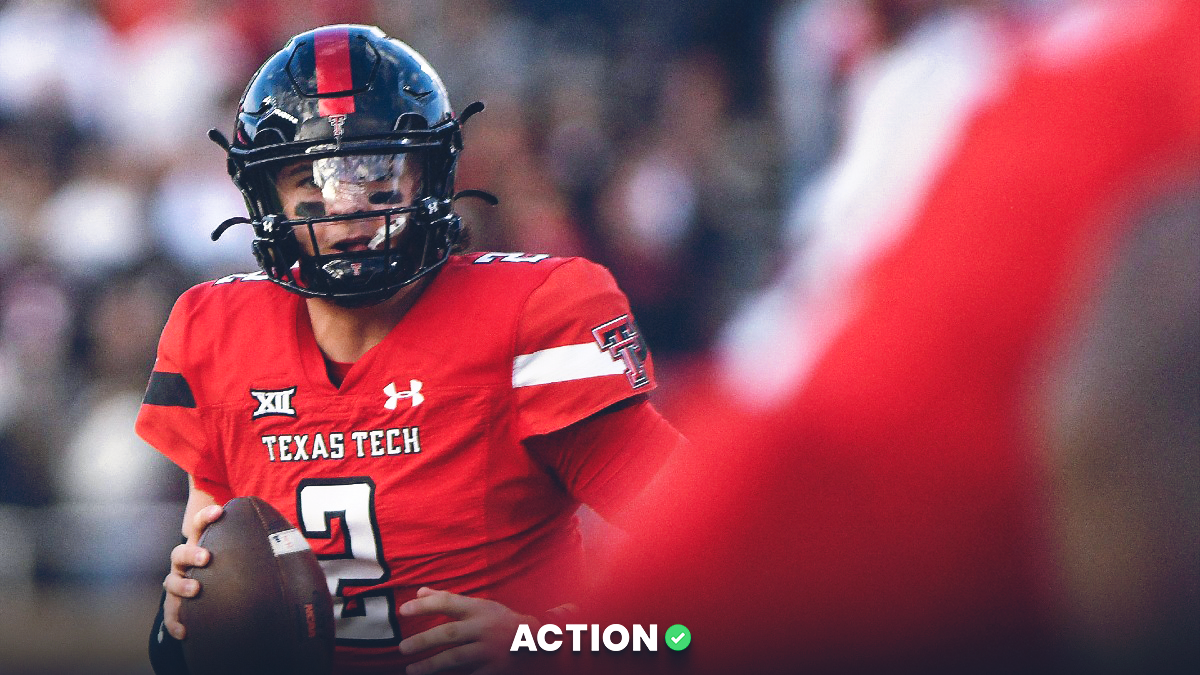The grand experiment that saw Deion Sanders move from Jackson State to Colorado yielded explosive results in Week 1.
But like any experiment, if you want reliable data, you need to run multiple trials. The trials, in this case, will be an 11-game stretch that features 10 Power Five opponents, four of which are currently ranked.
So, what do we know as of today, and what could Colorado’s success mean for its future and the future of college football?
On paper, there were strengths and holes in this Colorado roster. Just ask Tom Luginbill. The Worldwide Leader's national recruiting director believed Colorado was in the running for “worst roster” in college football. That belief was rooted in Colorado’s size problem, according to Luginbill.
However, he overlooked the bevy of capable skill-position players and the fact that Colorado was entrusting its offense to a veteran quarterback who had previously vied for the Walter Payton Award — the FCS Heisman.
After one week, it’s clear as day that Luginbill’s statement was far from the mark. Shedeur Sanders picked apart a Joe Gillespie defense to the tune of 510 passing yards and four touchdowns.
Travis Hunter, a designer piece of Coach Prime’s Louis Vuitton “luggage,” played 144 snaps and set the world on fire on both sides of the ball. He reeled in 11 receptions for 119 yards offensively while making an insane diving interception in the red zone.
And it wasn’t just Hunter making eye-popping plays.
Freshman Dylan Edwards scored four touchdowns, including an electrifying 75-yard screen pass that he took to the house. The offense, as a whole, popped four plays of 40-plus yards — tied for the most nationally.
While most fans were focused on the insane roster turnover — Colorado has 68 new scholarship players — Deion Sanders’ coaching hires flew a bit under the radar.
Sean Lewis, formerly of Kent State, was brought in to orchestrate this offense. The tempo, which was breakneck at times, paired perfectly with a calm, quick-thinking quarterback like Sanders. Even facing free rushers, Sanders rarely panicked and made the right choice time after time on Saturday.
To Luginbill’s polarizing point, the Colorado front is lacking a bit. It surrendered four sacks and failed to adjust to TCU’s blitz packages multiple times. The run game was largely abandoned on standard downs but was still effective in the red zone.
All in all, this seems like an offensive line that needs to improve but is far from a glaring liability.
The same cannot be said for Colorado'a defensive front. The Horned Frogs ran for 262 yards on 7.1 yards per carry and should have been leaned on more. The Buffaloes also failed to register a single tackle for loss.
This is a glaring issue that defensive coordinator Charles Kelly will have to address via increased blitzing.
Luckily, the CU secondary lived up to the hype and papered over the front seven issues a bit. Two red-zone interceptions and five pass breakups led to Chandler Morris finishing the game with a sub-60 QBR for TCU. The talent in the Buffs' secondary — two five-stars — was evident and should come in handy against a host of elite Pac-12 passers.
But this run defense is a major problem moving forward.

After one game, it appears that Colorado has a dynamic passing game, a serviceable pass-blocking offensive line, a do-everything Heisman candidate playing both ways and a boom-or-bust defense that will be powerless to stop the run.
Given its schedule, that means a 6-6 regular season is the ceiling, with likely losses coming against Oregon, USC, UCLA, Oregon State and Utah. Four of those five teams can really run the football, and the fifth has the best quarterback in the country leading his team.
As for the world of college football, Coach Prime’s early returns have the potential to upset the apple cart in a major way.
For starters, if Colorado remains competitive all season and flirts with bowl eligibility, which would be a +5 win improvement over last season, Sanders’ roster “gut-job” will have been a smashing success. It will undoubtedly pave the way for aggressive roster upheaval from coast to coast.
A successful season in Boulder will also pave the way for a historic recruiting haul. At present, Colorado sits at 70th in 247Sports' high school class rankings for 2024. You can bet that will change significantly if Colorado uses this TCU upset as a springboard. Toss in Sanders’ transfer portal wizardry, and it’s easy to see another major talent infusion making its way to the foothills of the Rocky Mountains.
And this wouldn’t be an Action Network piece without mentioning the significant moves in the futures market.
Shedeur Sanders’ odds to win the Heisman have fallen from 100-1 to 23-1 in the matter of a week. Hunter's odds have also plummeted from 80-1 to 16-1. Those major moves were expected, and the value on either player has completely dried up.
But the most shocking move has been Colorado’s Pac-12 title futures. On Sept. 2, CU was 100-1 to win the Conference of Champions. As of today, that number comes in at just 9-1.
While Sanders and his remade roster silenced their critics in Week 1, the fact that they’re the fifth team on the board and within spitting distance of a Utah program that is 26-6 in conference play with two titles and another title game appearance in the past four years is laughable.
Suffice it to say, any Colorado-related future is so skewed that I wouldn’t advise anyone to play it.
But there's still plenty of pregame and in-game value on a team that will likely be dynamic on offense and turnover-dependent on defense. I’ll be looking to live-bet them on Saturday should the Buffs get bullied by Nebraska on the ground during an opening scoring drive.
It also appears that books haven’t caught up to Hunter’s potential as a receiver. He’s listed in the market with a receiving prop of just 63.5 yards on Saturday. I would play his over all the way up to 79.5 yards after his debut in which he was targeted 14 (!!) times.

